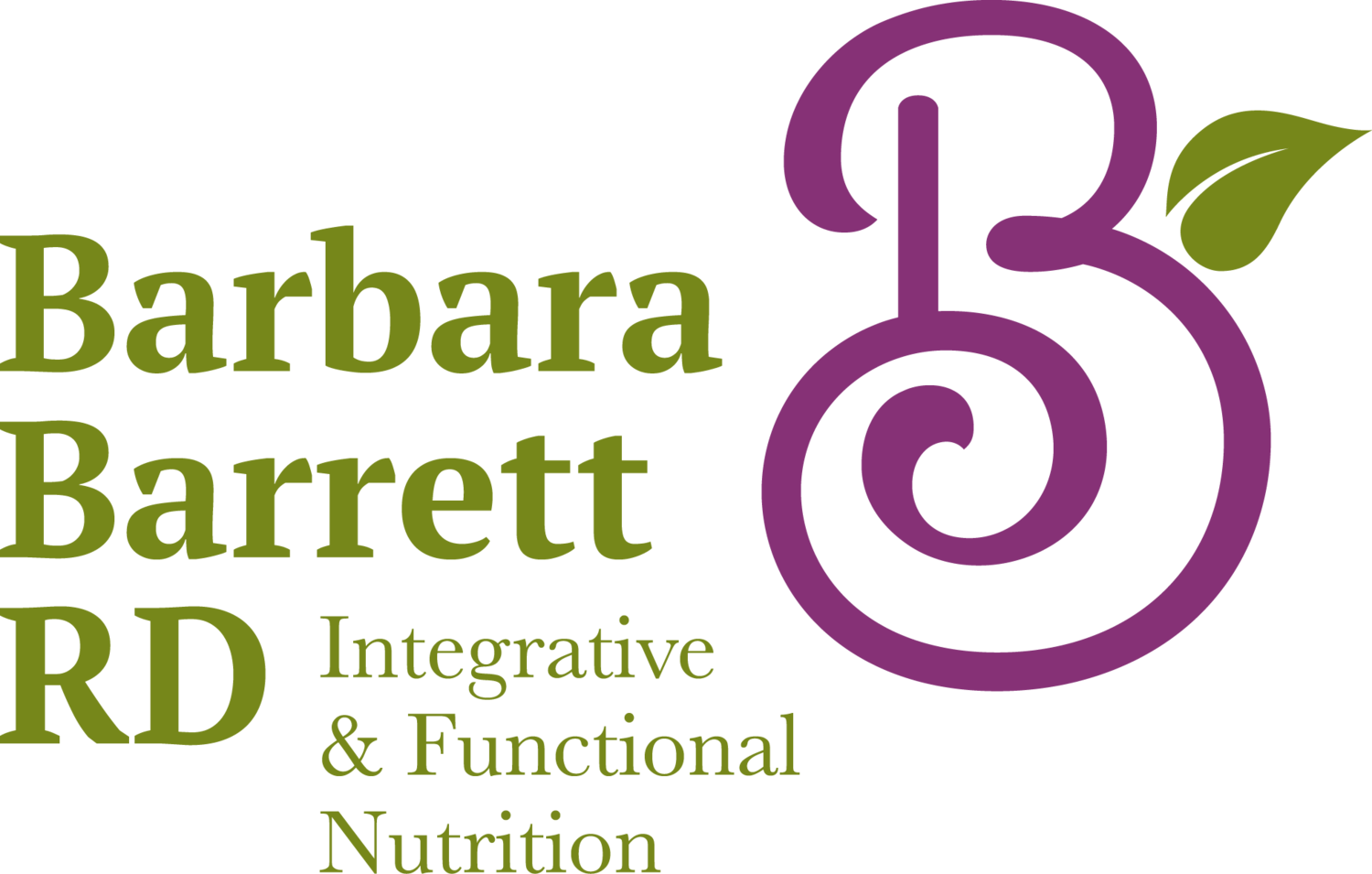Four Food-Related Toxins to Avoid
A 5 minute read.
Synthetic food dyes are a common food related toxin.
A 3 minute read
One of the first pathways I assess when I review a client’s genomic report is their Detoxification Pathway. That’s because we all clear toxins differently, some of us better than others. There are thousands of toxic chemicals in our world today. Our body’s ability to detoxify toxins is extremely important to decrease our risk of illness and disease, including infertility and early puberty. Here are four food-related toxins to avoid, whether you know your genetics or not.
BPA (bisphenol A)
BPA (bisphenol A) is found in plastic, plastic wrap and the lining of cans and drink containers. Plastic food storage containers are very convenient but come with a cost to your health. BPA is an endocrine-disrupting chemical. In other words, BPA interferes with your hormone’s ability function properly. Be aware and avoid next generation BPA analogues like BPF, BPS, BPAF and TMPPF which are also toxic components found in food storage containers labeled BPA free.
To avoid BPA:
Use stainless steel or glass for water bottles and food storage containers.
Filter your own water with a reverse osmosis system at home.
Use alternatives to plastic wrap. I use unbleached parchment to line aluminum foil or Bee’s Wraps (beeswax wraps) for wrapping the food I need to store or take.
Avoid canned goods, even the BPA free ones. Instead look for glass or fresh versions.
If you do store food and beverages in plastic, NEVER reheat in the microwave
Pesticides and Herbicides
To avoid pesticides and herbicides:
Choose organic produce when possible. If that is not possible, consult the Environmental Working Group’s Shoppers Guide to Pesticides in Produce. This guide tells you which conventional produce is safe (The Clean 15) and when it is best to use organic (The Dirty Dozen).
Don’t forget to use organic tea and coffee.
Always wash your produce.
Eat your broccoli sprouts (and other cruciferous vegetables) which contain the very potent detoxification bio-active sulforaphane. Sulforaphane turns up your detoxification genes so they work harder to clear toxins. Watch Dr. Tom Malterre’s Ted Talk on how broccoli can help your detoxification genes do their job.
Food Dyes
Synthetic food dyes are often found in processed food and have been linked to a number of health concerns including neurobehavioral problems in children.
To avoid synthetic food dyes:
Read the label carefully and look for red, yellow or blue followed by a number.
If you must eat processed foods, seek out those with natural dyes like fruit and vegetable extracts.
Do eat colorful fruits and vegetables.
Heavy Metals
Mercury, Lead, Arsenic, and Cadmium are common food-related heavy metals which can build up in your body and cause organ damage and several vague, but serious symptoms. The nutrition test I use with my clients has a heavy metal screen and my clients are sometimes surprised to find heavy metals in their bodies. Interested in getting a comprehensive nutrition test with heavy metals? Click here to schedule a free call.
To avoid heavy metals:
Filter your own water with a reverse osmosis home filter. Get one that is tested and certified for heavy metals (and the other toxins in our water).
Rice can be high in Arsenic. To decrease the arsenic content of rice, soak, and rinse multiple times.
Avoid fish with the highest known mercury content, Swordfish, Big Eye Tuna, Shark, Marlin, Orange Roughy and King Mackerel. Generally, the bigger the fish the more mercury stored in its flesh. Choose tuna that’s been tested, I like Safe Catch brand found in most large grocery stores. Small fish like sardines, anchovy are safe choices.
References:
Group, Environmental Working. “EWG Tap Water Database.” Environmental Working Group – Know Your Choices | Environmental Working Group, https://www.ewg.org/tapwater/. Accessed 8 Oct. 2022.
Society, Endocrine. “Endocrine-Disrupting Chemicals | Endocrine Society.” Endocrine.Org | Endocrine Society, Endocrine Society, 9 May 2022, https://www.endocrine.org/advancing-research/scientific-statements/endocrine-disrupting-chemicals.
Pizzorno, Joseph. The Toxin Solution. HarperCollins, 2017.
Society, Endocrine. “Endocrine-Disrupting Chemicals | Endocrine Society.” Endocrine.Org | Endocrine Society, Endocrine Society, 9 May 2022, https://www.endocrine.org/advancing-research/scientific-statements/endocrine-disrupting-chemicals.

